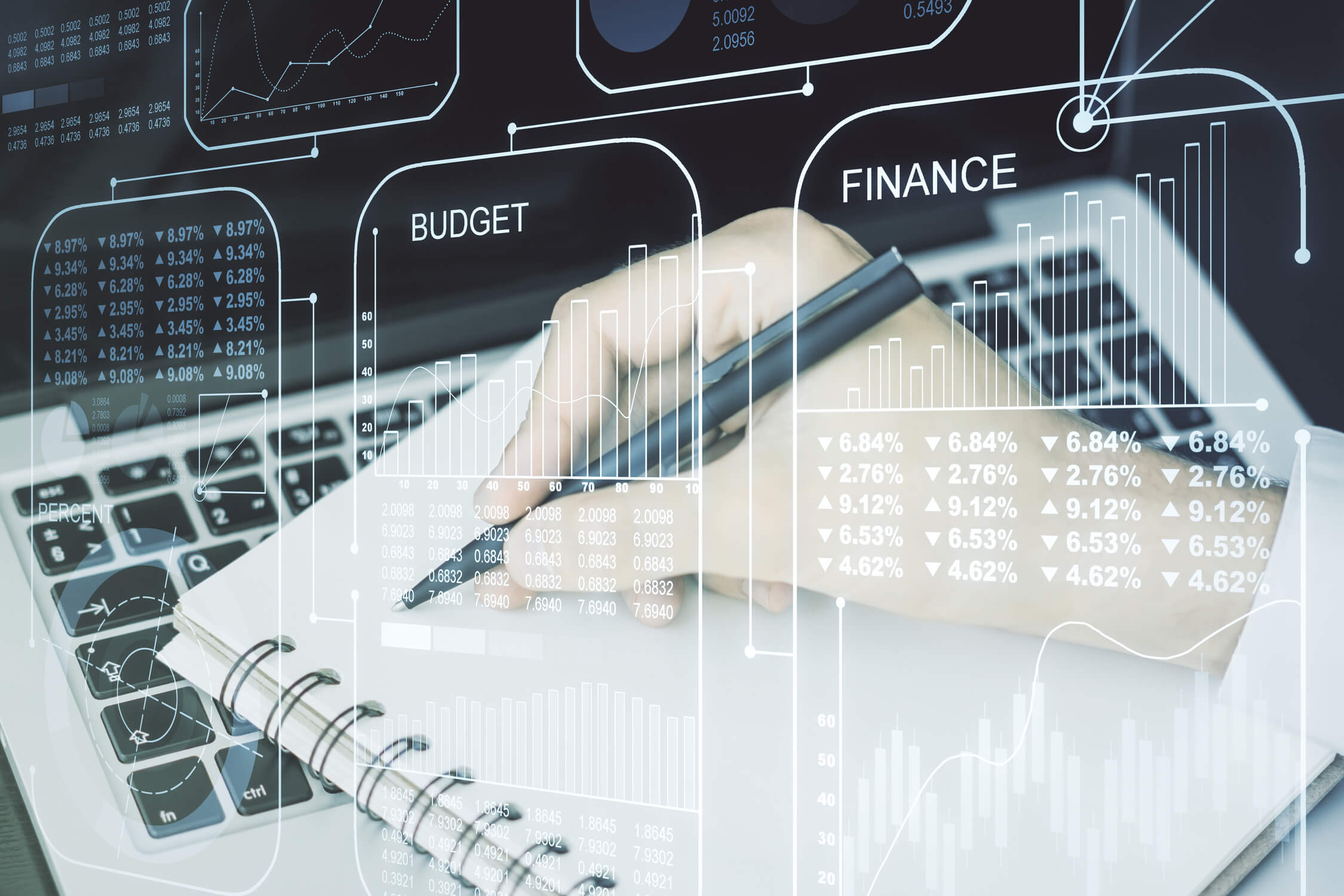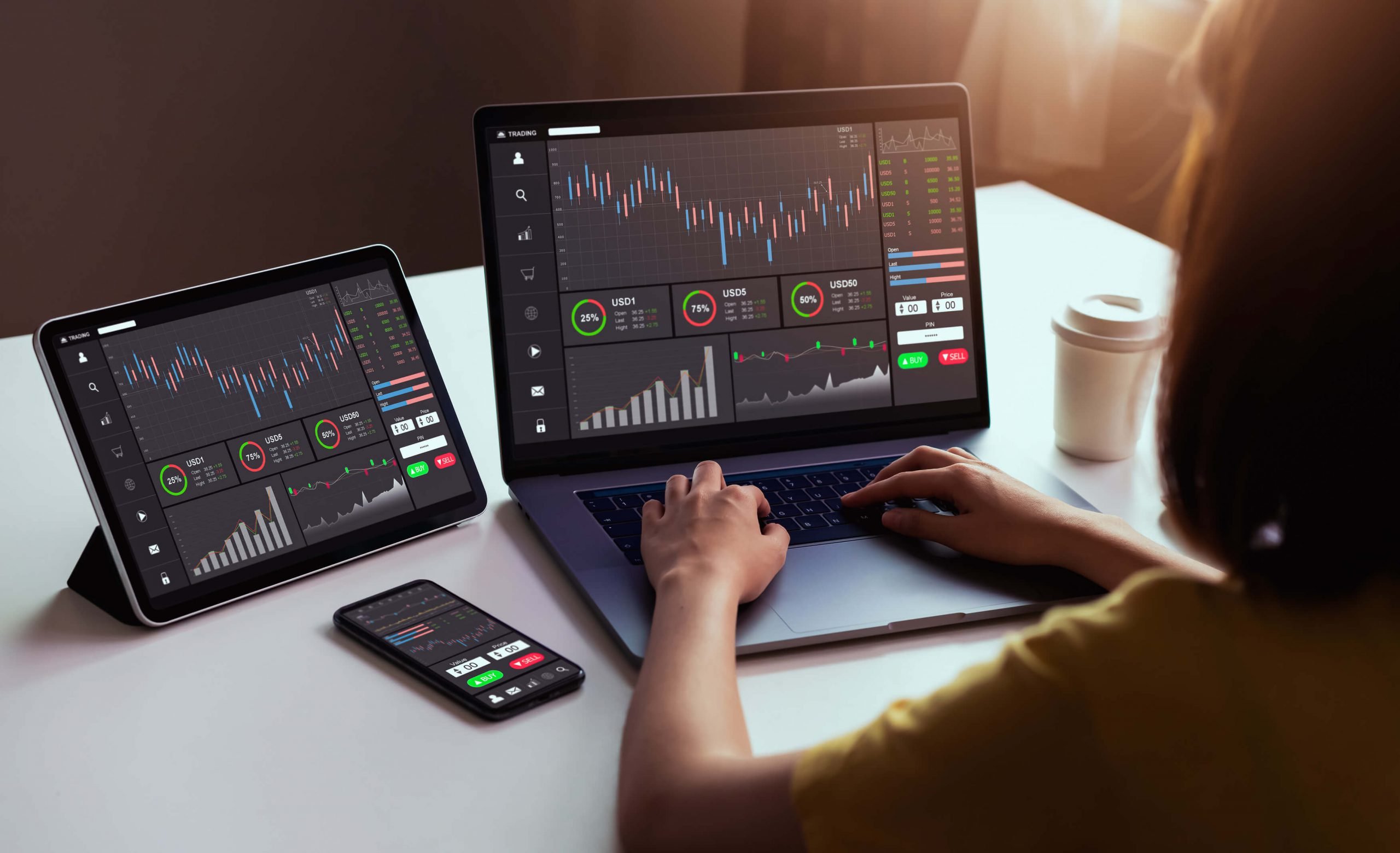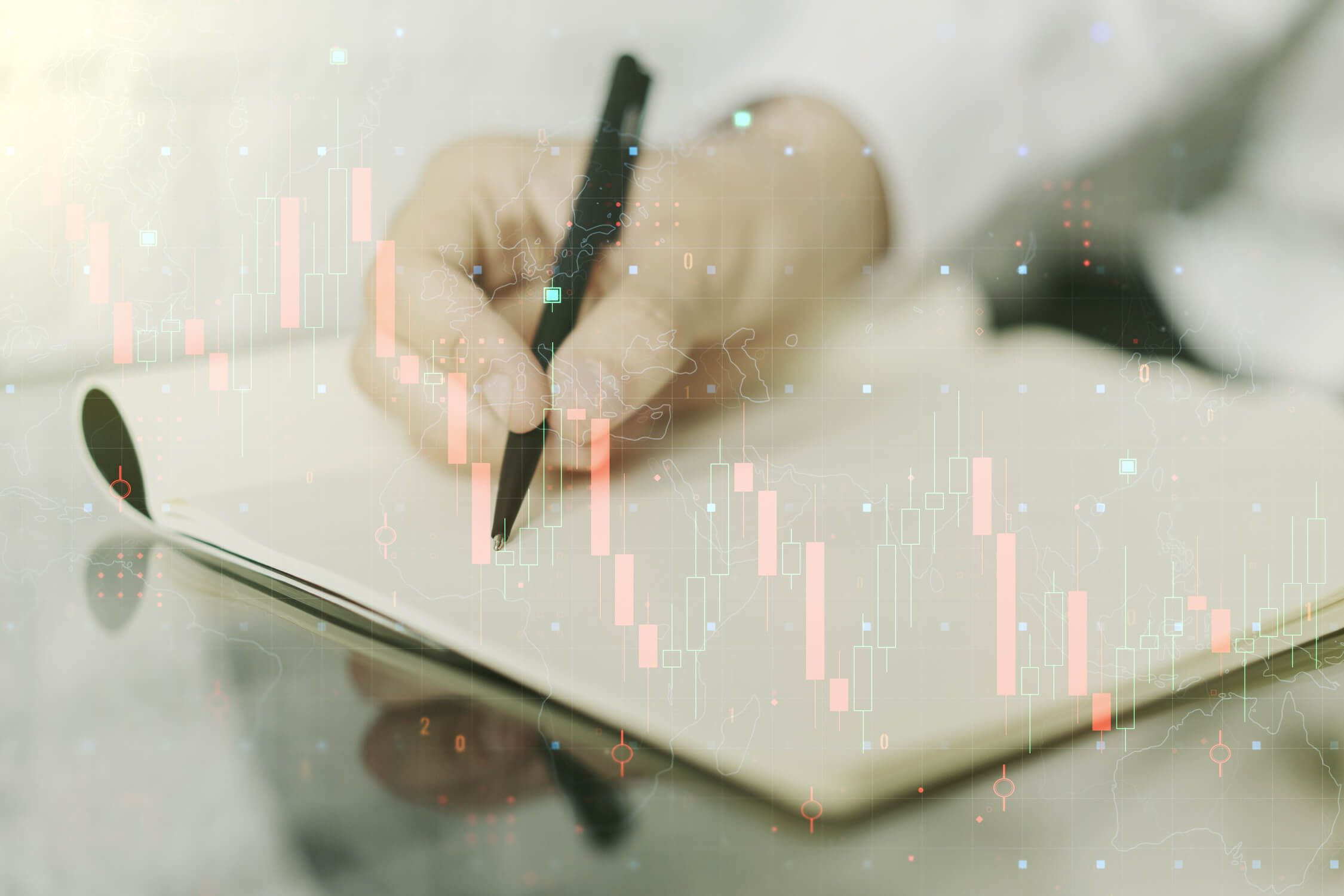What is a Demo Account?
Many brokers offer a demo account to allow their customers to practice without risks. A demo account replicates real market conditions but operates with virtual funds, providing users with a simulated trading environment.
Where to Start Demo Trading
Here are some factors to consider:
-
Reputation of the Broker
A reliable broker is always the one licensed by a regulatory authority. You may also check customer reviews to ensure they have a solid track record of customer satisfaction and security. -
Account Features and Functionality
Look for a user-friendly interface, real-time market data, access to various trading instruments - especially the ones you like to trade, and tools for technical analysis. The demo account should closely resemble the actual trading environment to provide an authentic learning experience.
Tips for Demo Trading
-
Reputation of the Broker
A reliable broker is always the one licensed by a regulatory authority. You may also check customer reviews to ensure they have a solid track record of customer satisfaction and security. -
Account Features and Functionality
Look for a user-friendly interface, real-time market data, access to various trading instruments - especially the ones you like to trade, and tools for technical analysis. The demo account should closely resemble the actual trading environment to provide an authentic learning experience. -
Consider Your Emotions
Adopt a serious mindset during demo trading. Emulate the emotions and decision-making process you would have when trading with real money. This approach allows you to understand the psychological aspects of trading and avoid common pitfalls. -
Keep Track of Your Trading Performance
Maintain a trading journal to record your demo trades, including entry and exit points, reasons for the trade, and overall performance. Regularly review the journal to identify patterns, strengths, and areas for improvement. This practice helps refine your trading strategies and develop a more effective approach.
Final Words
Demo accounts serve as a useful tool for traders and investors to practice trading strategies and gain confidence under a risk-free environment. By mastering demo trading, you can develop the skills and knowledge necessary for potentially successful live trading in the financial markets.




